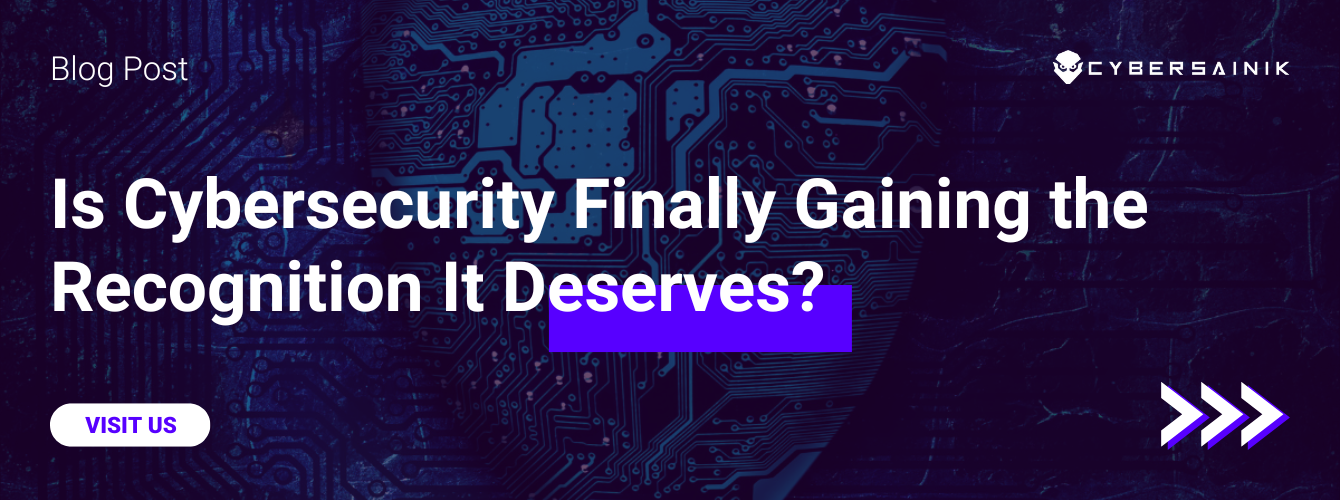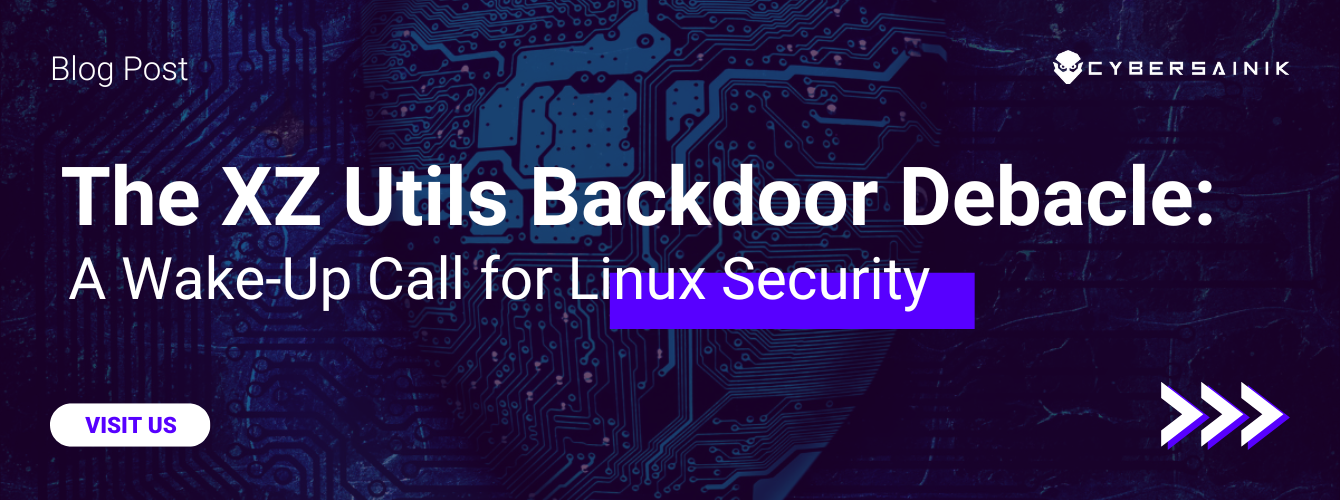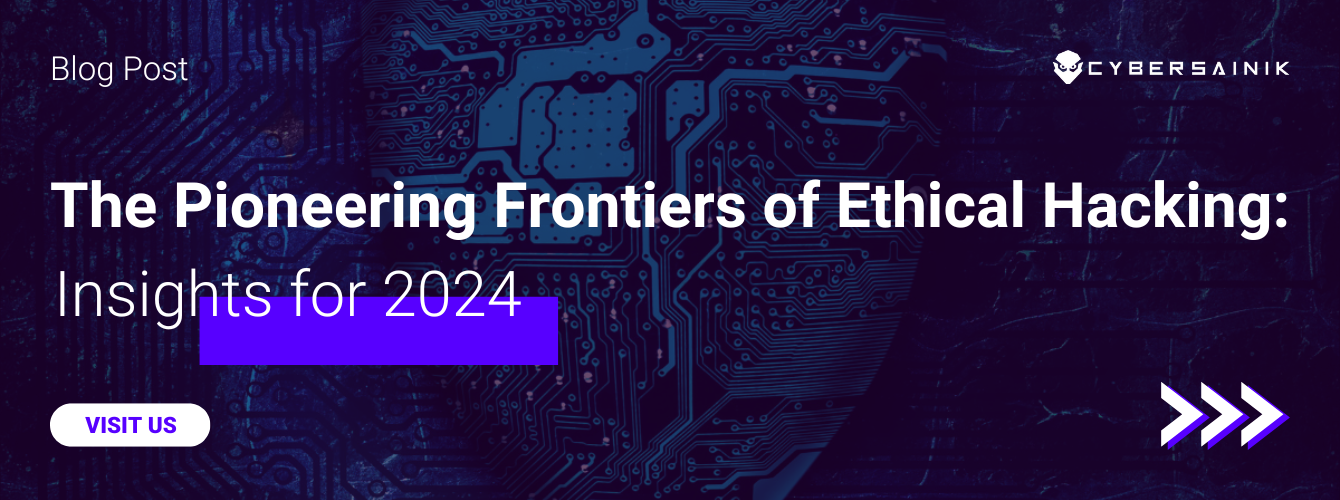Cybersecurity is something that most organizations take very seriously. It’s the foundation of their business and the key to their success. However, it is also a constantly evolving field that demands diligence and attention in order to stay secure. This can be difficult when there are so many other things competing for your attention, but ignoring cybersecurity issues only makes them worse — and leaves your organization vulnerable to attack and loss of data, customer information, money, etc. In this guide, we’ll walk through some common signs of a potential security breach so you know what to look for if you suspect something might be going on behind the scenes at your company or organization.
Signs of a Cybersecurity Breach
- Locked Accounts. If you see any of your account logins being locked out or disabled, that’s a good sign something is amiss.
- Unusual Administrative Activity. A stranger accessing your network devices can cause some serious damage, but so can someone with access who isn’t authorized to use it. For example, an employee who uses a work computer for personal reasons and forgets to log off (a common problem).
- Network Performance Issues. Slow internet and poor network performance might be an indication of something malicious going on under the hood of your network infrastructure.
- Distribution of Unknown Files/Programs. When malware is installed on a computer, it often downloads additional files onto the machine as well. So if you notice that new programs have been added without your knowledge or consent, that could indicate an attack has occurred on one or more computers within the company’s IT infrastructure (and possibly throughout its entire system).
- Unusual Outbound Traffic. If your IT department sees unusual outbound traffic coming from one or more devices within its networks without there being any obvious reason why this should be happening (such as file transfers), there may be unauthorized activity occurring somewhere in those systems.*
- Unusual Account Activity: Accounts being accessed from unusual locations, accounts being locked out after repeated failed attempts to gain access to them, and creating new user accounts are all signs of something fishy.
What Causes Cybersecurity Breaches?
Cybersecurity breaches are caused by a variety of factors, including:
Weak Passwords
Many people use the same password for multiple accounts (like email and banking), which makes it easy for attackers to guess or brute-force their way into your account.
Using Default Credentials
Most hardware is programmed with default credentials created at the time of manufacturing. These credentials are made publicly available, which means that hackers have access to them. One common way attackers find misconfigurations is to create scripts that scan resources to find any infrastructure that uses default manufacturer credentials.
Application Vulnerabilities
Some apps may store data in an unencrypted format on your device or server, making it easier for hackers to access sensitive information like passwords and credit card numbers by accessing this data directly through the application’s code
Malware (malicious software)
Malware is often used by cybercriminals to steal personal information from infected devices, but there are many other ways that malware can infiltrate your network as well – such as a compromised website or file download containing malicious code that infects your computer when clicked on. If malware gets onto one of your computers within a corporate setting, it could spread like wildfire throughout all the other connected devices unless you have proper antivirus software in place!
Insider Threats
Insider threats are any cyber-attacks from within a company’s employees or contractors. These people may be disgruntled, financially motivated, or simply unaware of their actions’ consequences.
Improper Network Configuration
Improper network configuration can lead to a variety of issues, including the loss of sensitive data. If you’ve configured your network in such a way that it allows anyone with access to it to read or write files on any folder or drive, then there’s no way for you to keep hackers out. You should limit access privileges as much as possible; this will help prevent accidental leakage of sensitive information.
How to Prevent Cybersecurity Breaches
- Limit access to valuable data by locking down your network. This can be done using firewalls, antivirus software, and intrusion detection systems.
- Ensure compliance by third-party vendors. If you contract any services from third parties, ensure they are abiding by the same security standards as you are—and that they have backups in place if they fall victim to an attack or ransomware incident.
- Implement cybersecurity training: Many businesses can prevent the vast majority of cybersecurity incidents by focusing on IT security awareness for each employee. Educating your team about cybersecurity can greatly limit mistakes and save you from a lot of stress. A managed service provider can conduct education classes on a regular basis to ensure your team stays up to date with the ever-evolving world of cyber security. Over time, these training classes will help build a workplace culture that understands the importance of IT security.
- Update software regularly because outdated versions are more vulnerable than those most up-to-date ones; set reminders to update as soon as new versions become available!
- Protect your network using firewalls, antivirus software, and intrusion detection systems.
- Data Encryption. Stealing confidential data is often a top priority in cyber-attacks. This information is usually sold on the dark web for a hefty price. Taking steps to keep your data secure is a necessity, which is why data encryption is key to IT security. Using a virtual private network is often recommended for safeguarding your data. A managed service provider can also implement data encryption measures on your storage devices to ensure this information stays secure.
The Importance of Working with a Managed Security Service Provider
Keeping data secure is essential for any business. Unfortunately, hackers are always looking at ways to target weaknesses within your IT infrastructure to steal your information. Working with Cyber Sainik is a great way to boost security to ensure your data doesn’t fall into the wrong hands. Contact us for more information.



